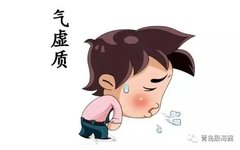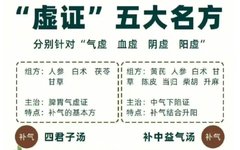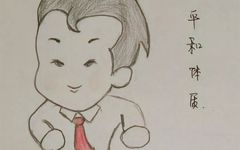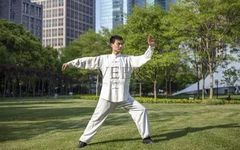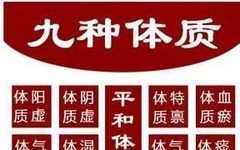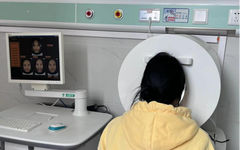Understanding the Four Types of Body Deficiency: Qi Deficiency, Blood Deficiency, Yin Deficiency, and Yang Deficiency
Body deficiency is categorized into four types: Qi deficiency, Blood deficiency, Yin deficiency, and Yang deficiency. 1. “Qi Deficiency”: The main manifestations of Qi deficiency include: shortness of breath, fatigue, low voice, shortness of breath upon exertion, easy sweating, dizziness, palpitations, pale yellow complexion, poor appetite, internal heat, spontaneous sweating, prolapse of the rectum, uterine … Read more

